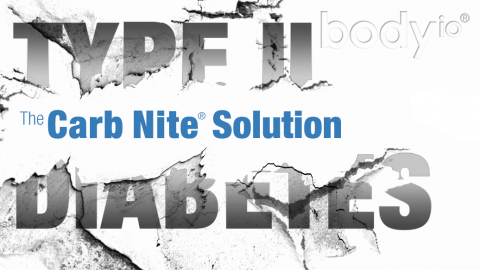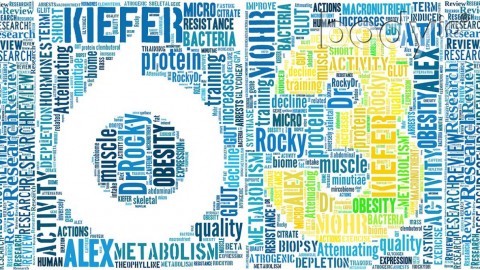’ve always had a love for the open water that was equally matched by my fear of it – or respect for it, as I like to say. As a child, I remember being yelled at for taking the longest showers or baths, often just lying completely submerged because of how much I enjoyed the feeling. However, once I’m in the open water, I have a hard time forgetting that it’s not my natural environment. I can’t see what’s beneath or around me and I don’t know how long I could realistically tread water if my life depended on it. Basically, I’m pretty ignorant when it comes to all of that important knowledge. Whenever this fear comes up, people always fact-check me with some random statistics comparing shark attacks to dog attacks or the likelihood of crashing your car. So why don’t these statistics offer me any comfort?
Feeling out of place can make or break someone in any situation. You can either strive to achieve a feeling of belonging or remain on the outside looking in. Both options have their pros and cons, but this feeling is what usually determines someone’s commitment. If you don’t feel like you belong, it’s hard to feel comfortable, which makes it difficult to learn and test yourself without outside influences knocking you offtrack every time you open up. I know that I’m out of place when it comes to the water, even though I’m a decent swimmer, so I suck it up for the fun side. Unfortunately, when the action slows down and I get inside my own head, the fear, uncertaintyand desperation kick in.
Industry leaders know this and try to lure you into deep waters with emotional bait—promises of an exciting new life requiring only 10 minutes of work a week or through the use of a brand new product. They know that this environment is strange to you, which creates curiosity and subsequent dependency on the industry. Once it has achieved that, it throws out new programs and products that the masses cling to like life preservers in choppy water. However, the industry isn’t really concerned with teaching you to swim and be comfortable in water; it’s training you to depend on those life preservers.
Most diets, training programs, and supplements are intended for very high-performance athletes. Companies cleverly use this fact to sell these products to the everyday person under the guise of health and fitness because they look up to those athletic idols. These companies don’t have to explain the context of their material, so people start eating like professional athletes because of that “good and bad” mentality. No one is responsible for the context. In direct contrast to that, we see some doctors recommending major medical procedures and drugs designed for very sick people for large parts of the population that shouldn’t be relying on them. This ranges from children with medications to older people with stents and everything in between. The “middle class” is bombarded with context-specific information of which they have no understanding.
The Industry knows what you don’t, which gives them an advantage from the very beginning. They can construe information and market it towards highly vulnerable populations: the most emotional, scared, ignorant, and willing to pay. They can also use this model to recruit their victims into selling those same products in various styles of pyramid schemes. This provides the chance to: ‘Reinvent your life! Have a new body! Improve your financial situation! Help those around you!’
Sure, that all sounds wonderful, but what ends up happening is a dependency on some bullshit product (or two or three) and no measurable change in the body, or if there is a change, it’s from massively under-eating and shifting meals to a sugar-laden protein shake. People then try to make up for their calorie intake in the gym on the elliptical or treadmill, pounding away because they need to “lose that belly fat.” They try to sell these products, but the only people willing to buy them are those doing worse than the sellers, thereby turning the whole cycle into a vulturous system. These people end up harming others that they are trying to help with a system that is literally designed to take advantage of them from every angle it can.
The only way we can learn to stay afloat is to understand where we are, where we need to go, and how to get there. Staying aware of ourselves and the direction we’re heading is paramount in learning the context-specific information that’s right for us. This also protects us against the generalized recommendations off which the industry survives. Long-term success is forged on the anvil of consistency and commitment, while always remaining flexible and calm enough to not be derailed by minute occurrences. Having healthy logical and emotional motivations is also critical, as an excess of either one can lead to compromising your adherence. If you believe that something is too good to be true, it most likely is. Don’t let wishful thinking blind you, and don’t let over analysis lead to paralysis.












